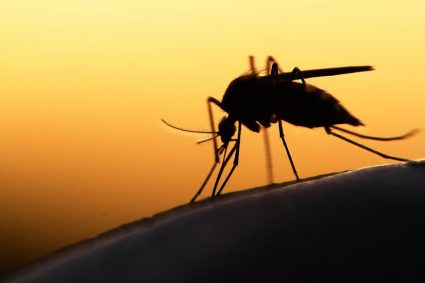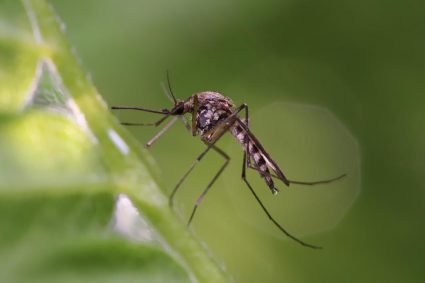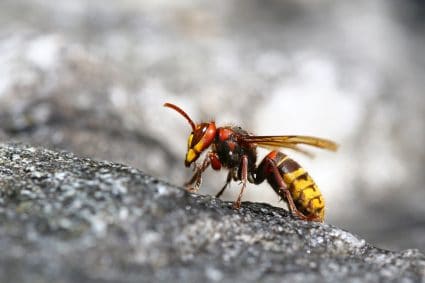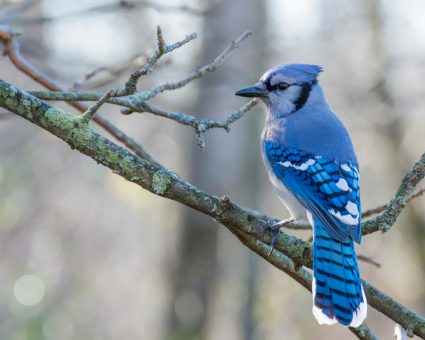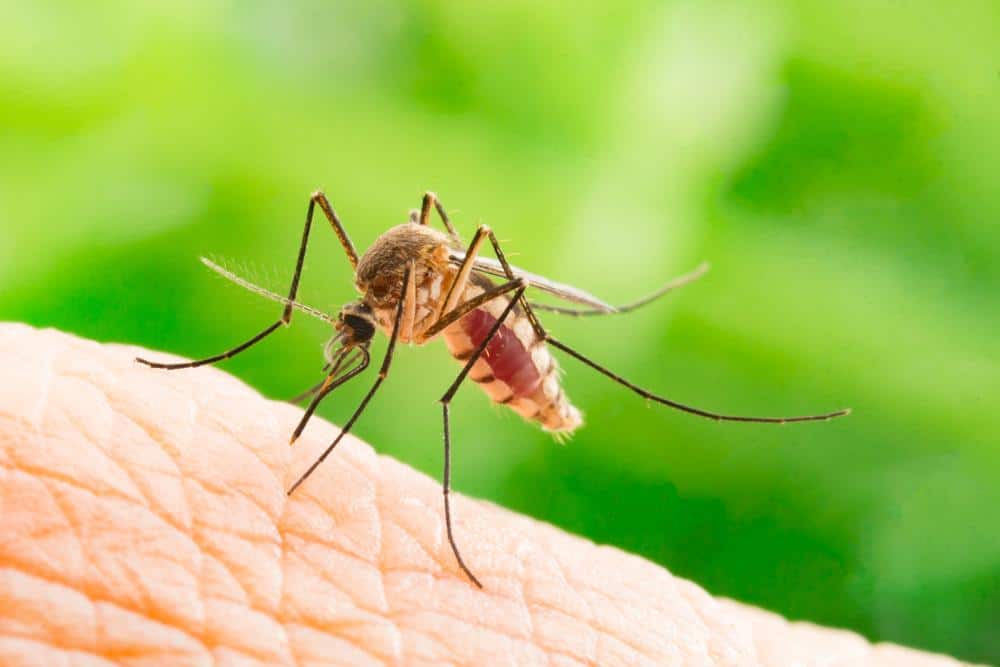
Choosing the best mosquito repellent for your baby is a critical decision for parents. The choice should be safe, effective, and easy to apply. This article will provide a comprehensive guide on the best mosquito repellents for babies, factors to consider when making your choice, and precautions to take when using these products.
The best mosquito repellents for babies are those that are safe, effective, and easy to apply. Top recommendations include Sawyer Products 20% Picaridin Insect Repellent, Avon Skin-So-Soft Bug Guard, Babyganics Natural Insect Repellent Spray, and California Baby Natural Bug Blend Bug Repellent Spray. Always consider the baby’s age, the active ingredients, and the EPA registration of the repellent. Avoid using repellents on babies younger than 2 months, instead use mosquito netting. Always follow the product’s instructions and take additional precautions for safety.
Top Recommendations
Here are some of the top mosquito repellents for babies:
- Sawyer Products 20% Picaridin Insect Repellent: This repellent is safe and effective for babies. It contains Picaridin, an alternative to DEET recommended by the American Academy of Pediatrics.
- Avon Skin-So-Soft Bug Guard: A popular choice for babies offering protection against mosquitoes and other insects. It’s DEET-free and contains Picaridin.
- Babyganics Natural Insect Repellent Spray: A natural bug spray formulated with essential oils and free of DEET, making it suitable for babies.
- California Baby Natural Bug Blend Bug Repellent Spray: This DEET-free natural repellent uses essential oils like citronella and lemongrass to repel insects.
Factors to Consider When Choosing a Mosquito Repellent
When choosing a mosquito repellent for babies, consider the following factors:
- Age of the baby: Avoid using repellents on infants younger than 2 months. Instead, use mosquito netting around their stroller or bassinet.
- Active ingredients: Choose a repellent with a 10%–30% concentration of DEET for children older than 2 months. DEET and picaridin are both safe and effective ingredients when used as directed.
- EPA registration: Choose a safe, effective repellent that is registered by the Environmental Protection Agency (EPA).
- Application method: Opt for nonpressurized pump sprays, lotions, or wipes instead of aerosol sprays, to prevent accidental inhalation or eye contact.
- Proper application: Have an adult apply the repellent to the child. Avoid the eyes and mouth, and do not apply repellent to children’s hands, as they may put their hands in their mouth or eyes.
Precautions When Using Mosquito Repellents
When using mosquito repellents on babies, parents should:
- Never spray repellent directly onto a baby’s face. Instead, spray it into your hands and then rub it onto the child’s face.
- Avoid applying repellent under clothing or on cuts, wounds, or irritated skin.
- Use mosquito netting over carriers or strollers to provide extra protection.
- Apply repellents in open areas to avoid inhalation.
- Always read and follow the instructions and safety information on the product label.
Natural Alternatives
Some natural alternatives to chemical mosquito repellents include essential oils like citronella, lavender, and lemongrass. Always consult your child’s pediatrician before applying any insect repellent.
In conclusion, while there are several mosquito repellents available for babies, it’s important to consider the baby’s age, the active ingredients, and the application method. Always follow the product’s instructions and take additional precautions to ensure your baby’s safety.
Frequently Asked Questions
How often should I reapply mosquito repellent on my baby?
The frequency of reapplication largely depends on the product you’re using. Always read the instructions on the product label. Generally, repellents need to be reapplied every 2 to 5 hours. However, avoid over-application as it does not increase effectiveness.
Can I use mosquito repellents on my baby indoors?
Yes, mosquito repellents can be used indoors. However, it’s recommended to use them in well-ventilated areas to prevent inhalation. Also, consider other methods of mosquito control indoors like mosquito nets and screens.
Are there any side effects of using mosquito repellents on babies?
Most mosquito repellents, especially those with DEET and Picaridin, are safe when used as directed. However, some babies may have sensitive skin and could experience minor irritation. If you notice any adverse reactions like a rash or redness, stop using the product and consult a healthcare professional.
Can I use adult mosquito repellents on my baby?
Not all adult mosquito repellents are suitable for babies. Always check the product label for age restrictions. For babies younger than 2 months, it’s best to avoid repellents and use other protective measures like mosquito netting.
Can I use mosquito repellents on my baby’s clothing?
Yes, you can apply mosquito repellent on your baby’s clothing for additional protection. However, do not apply under clothing and avoid contact with the baby’s skin. Always read and follow the instructions on the product label.

